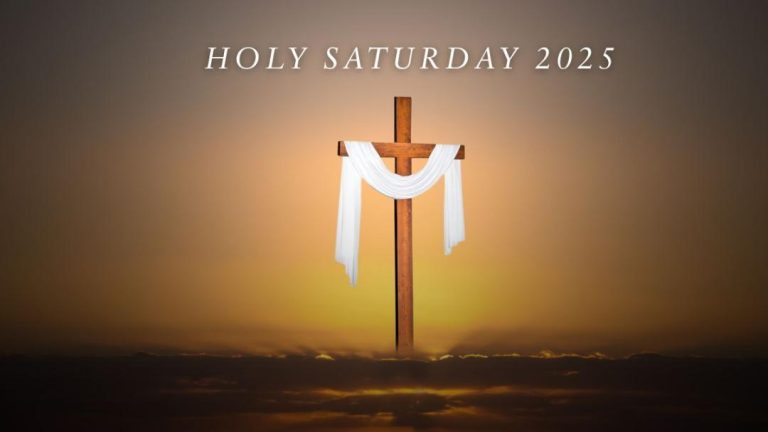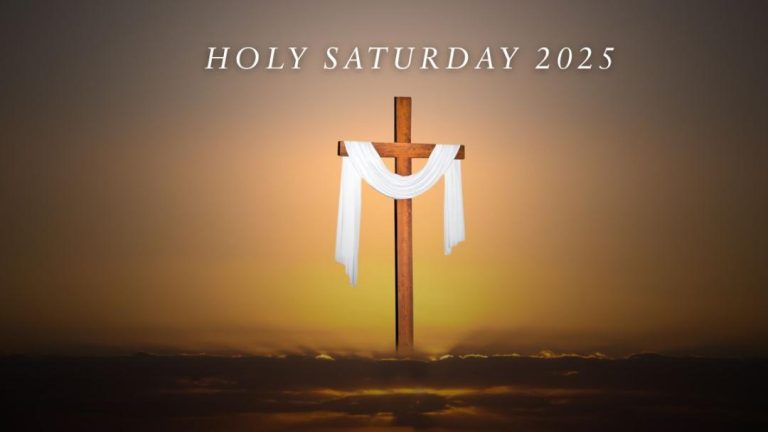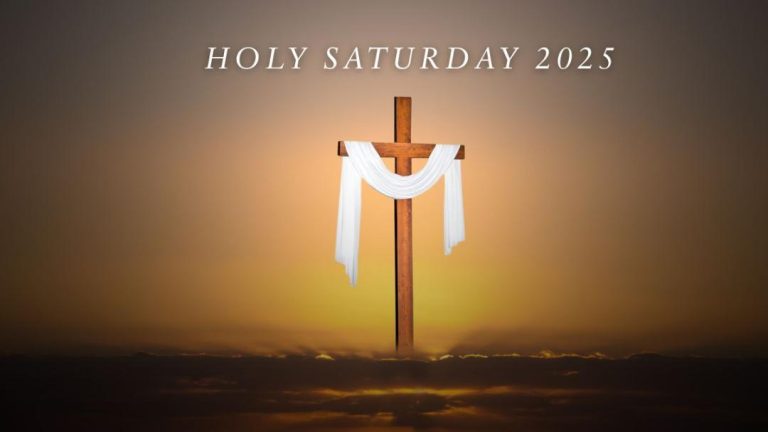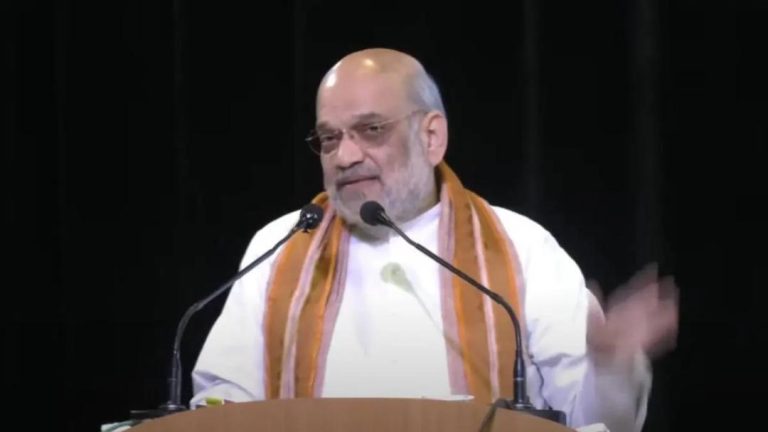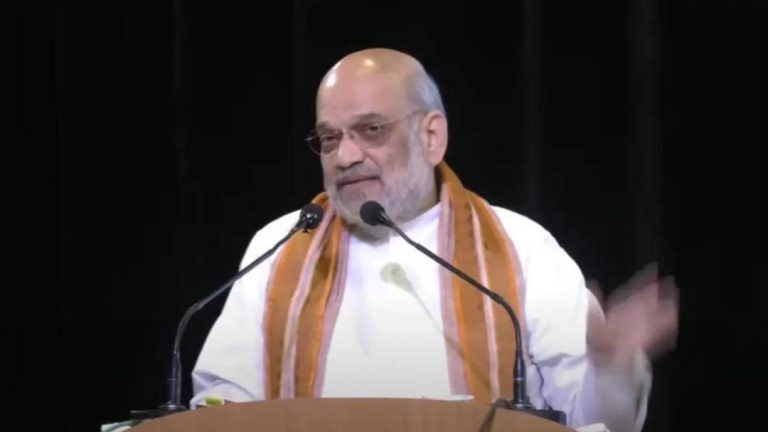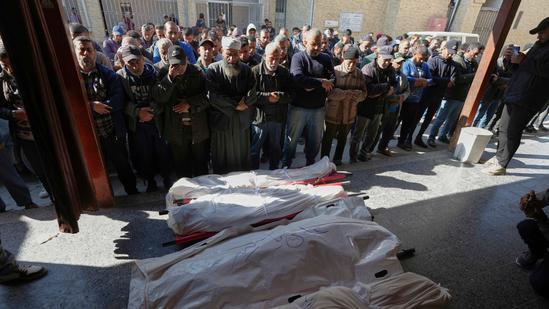
Israeli Strike on Gaza Kills 5, Including 2 Journalists
The ongoing conflict between Israel and Gaza has taken a devastating turn, with at least five Palestinians killed in an Israeli strike on Beit Lahiya in Gaza, officials confirmed on Saturday. The attack targeted a car linked to a charity mission, and the timing of the strike could not be more ominous, coinciding as it did with Hamas leaders holding ceasefire talks with mediators in Cairo.
The first phase of the temporary ceasefire, brokered by Egypt, had ended on March 1, and it appears that the fragile truce has been breached once again. The Israeli military has not commented on the strike, but officials in Gaza have confirmed the fatalities, including two journalists.
The journalists, identified as Yasser Murtaja, a 31-year-old photographer for the Palestinian news agency Ain, and Ahmed Abu Hussein, a 27-year-old reporter for the Palestinian television station Al-Quds, were killed while covering the aftermath of the strike. Their deaths have sparked widespread outrage and condemnation, with many calling for an immediate end to the violence.
Murtaja was a well-known photographer who had worked for several international news organizations, including the BBC and The New York Times. His death has been mourned by colleagues and friends around the world, who have paid tribute to his bravery and dedication to telling the stories of those affected by the conflict.
Abu Hussein, too, was a respected journalist who had worked in Gaza for several years. His reporting had focused on the humanitarian crisis in the territory, and his death is a tragic reminder of the risks that journalists take to bring the world’s attention to the suffering of those in need.
The strike on Beit Lahiya is the latest in a series of attacks that have rocked the region in recent weeks. The Israeli military has been accused of targeting civilians and civilian infrastructure, including schools, hospitals, and residential buildings. In response, Palestinian militants have launched rocket attacks on Israeli cities, causing damage and forcing residents to seek shelter.
The humanitarian situation in Gaza is dire, with the United Nations warning of a catastrophic crisis that could have devastating consequences for the territory’s 2 million residents. The Israeli blockade of Gaza has led to widespread poverty, unemployment, and food insecurity, and the lack of access to basic services such as electricity and water has made life increasingly difficult for those living in the territory.
The ceasefire talks in Cairo, which were held in an effort to broker a lasting peace, have been stalled by disputes over key issues, including the Israeli military’s continued occupation of Palestinian territory and the Palestinian militant groups’ refusal to disarm. The Israeli government has insisted that any ceasefire agreement must include the disarmament of Hamas and other militant groups, while the Palestinian leadership has rejected this demand, saying that it is a precondition for any agreement.
The strike on Beit Lahiya has raised serious concerns about the prospects for peace in the region. The killing of two journalists, despite their efforts to report on the conflict safely, is a stark reminder of the risks that come with covering a story that is so fraught with danger.
As the world watches with bated breath, it is clear that the path to peace is fraught with obstacles and challenges. The Israeli government must take concrete steps to end the blockade of Gaza and respect the rights of Palestinians to live in peace and dignity. The Palestinian leadership must also take steps to disarm and recognize Israel’s right to exist.
Until then, the cycle of violence is likely to continue, and the people of Gaza will be forced to live in fear of the next attack. It is a situation that is both heartbreaking and infuriating, and one that demands immediate attention and action from the international community.
